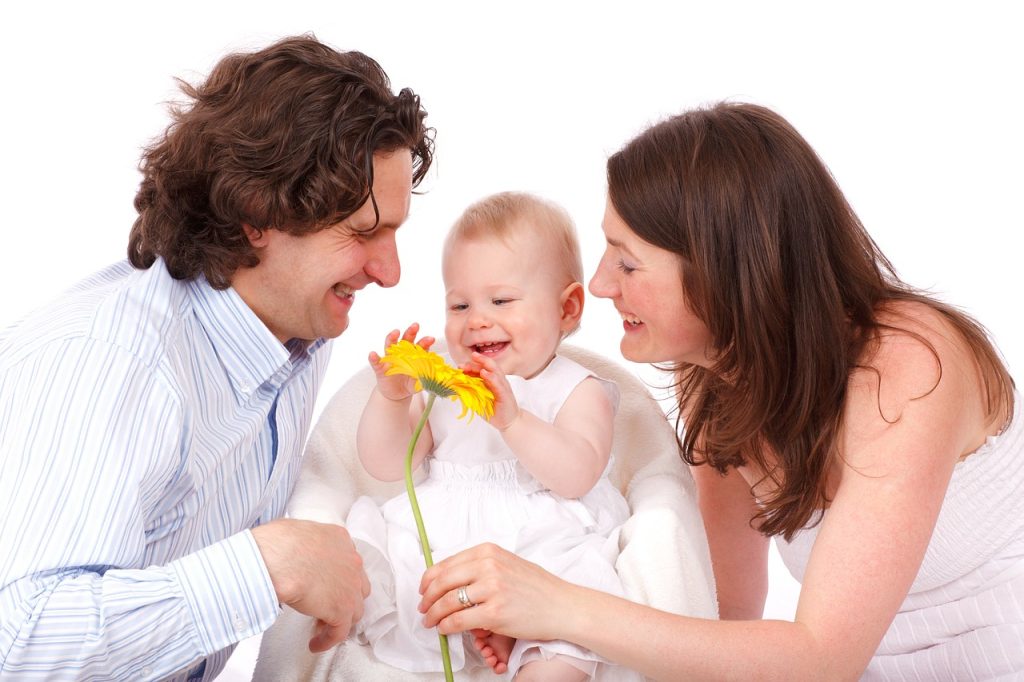Last year we posted what you needed for 2012 and we thought we’d revisit the topic again for 2013.
Instead of focusing on skills which will enhance your CV this time we’re going to take a look at some other qualities and areas of knowledge. In a competitive market it’s vital to be able to walk the walk as well as talk the talk so here are some things to think about.
1. Organisation
This goes for both jobseekers and nannies in work. Make sure you start with organising yourself – are all your qualifications and certificates up to date? Don’t wait until the month before your First Aid certificate expires to book a course! Get into the habit of keeping a diary where you can note important dates in advance as well as keeping on top of your day to day schedule. Employers are increasingly reliant on nannies to keep things ticking over so make sure you’re on top of important events for your charges and be proactive in getting things ready the night before for the following day or adding household essentials to the shopping list.
2. Thrift
Speaking of shopping lists we can’t ignore the fact that most of us are still in belt-tightening mode. A thrifty nanny makes use of free activities both at home and out and about. Walk instead of using the car, keep on top of whats in the fridge so you don’t waste food (try BBC Food for a nifty ingredients tool) and embrace the joys of junk modelling and other free crafts. Engage the children as well by setting a no-spend day each week. This will help them to appreciate activities which cost money even more. For those with older charges get them involved in budgeting, especially for holiday activities.
3. Nutrition
There’s been a big focus in recent years around child nutrition and establishing good habits for children early on. A basic knowledge of nutrition is a must for all nannies, as are basic cooking skills (although you’d be amazed how much can be eaten raw and how good it is for you). Gone are the days of Nanny’s Nursery Puds – the modern nanny is an expert on toddler friendly salad and ways to prefer with oily fish. If you don’t know your vitamins from your minerals in the kitchen consider going on a Nutrition for Nannies course.
4. The gift of the gab
Another focus area in the Early Years is on communication. Children need to have the opportunity to hear a wide range of words and phrases in context and the opportunity to interact with adults to try out their own developing skills. Providing a wide variety of activities is one way to do this but you must make sure you’re talking and describing reerything that you’re doing or seeing, remembering to leave time for the children to get a word in edgeways too! If you have a pre-verbal charge talking is still important because children are building up their understanding grammar and vocabulary right from the start, well before they have enough control over their throat and mouth to form words. You could even incorporate a few basic baby signs to encourage then to ‘talk back’ to you. Always remember to talk and sign, though, because baby sign is an aid to communication, not a complete method (unlike BSL or ASL).
5. Political awareness
It probably hasn’t escaped your notice that childcare has been hitting the headlines over the last few months. There are big changes coming for the sector and they may affect nannies. It’s well worth your while keeping up with these developments and assessing what impact they will have on you.
We would like to wish you a happy and successful 2013! Be sure to check back here regularly for updates and comment to let us know your thoughts.


